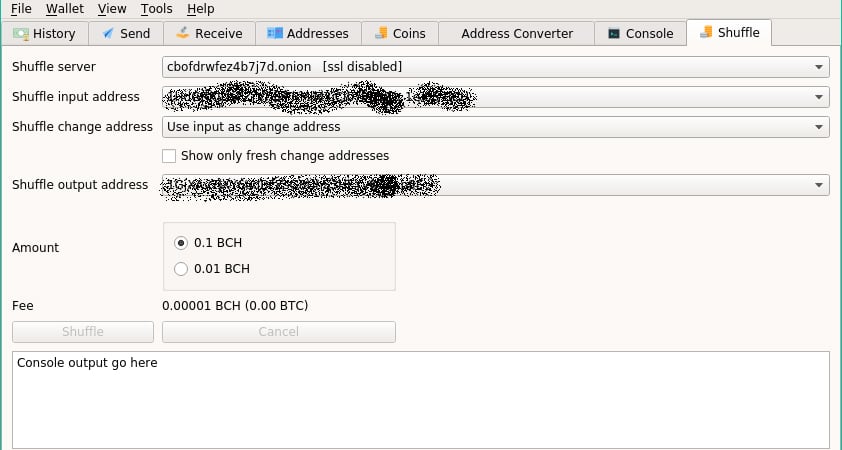
In today’s edition of The Daily, we cover a number of stories that are of importance to cryptocurrency traders. A new trading platform is set to offer tokenized securities, Ledgerx releases a volatility benchmark based on U.S. BTC options, and the police investigate an exchange that suffered a significant security breach.
Also Read: Bitwise Asset Management Files With SEC for New Bitcoin ETF
A New Tokenized Securities Trading Platform

Currency.com, a company licensed in Belarus, has announced the launch of a new trading platform for tokenized securities. Starting with over 150 instruments, the company plans to issue over 10,000 tokens which will track the underlying prices of equities, indices and commodities. The service is in invite-only mode right now, but prospective clients can apply to be added to a waiting list.
Users will be able to buy these tokens with cryptocurrencies, and will have the ability to trade them on margin. The tokenized securities platform will also be supplemented by a service for buying cryptocurrencies using fiat, storing them and making cross-crypto exchanges, as well as with a portfolio tracking app. Currency.com is said to be using the technology of Capital.com, its sister CFDs platform.
The platform is said to implement Anti-Money Laundering (AML) and Know Your Customer (KYC) procedures and verify all transactions with blockchain intelligence services such as Coinfirm, Elliptic and Chainalysis. Ivan Gowan, the CEO of the company, commented, “We are excited to be launching this revolutionary blockchain venture and providing crypto investors with a concrete option to diversify their portfolio by investing in traditional asset classes, without the pressure of exchanging cryptocurrencies into fiat money to do so. Currency.com is committed to providing users with superior security and fraud protection, and preventing any potential risks by leveraging the full traceability of blockchain transactions and adhering to the strictest regulatory standards set by Belarus’s Decree No. 8 ‘On the Development of the Digital Economy’.”
Ledgerx Launches Benchmark Volatility Index
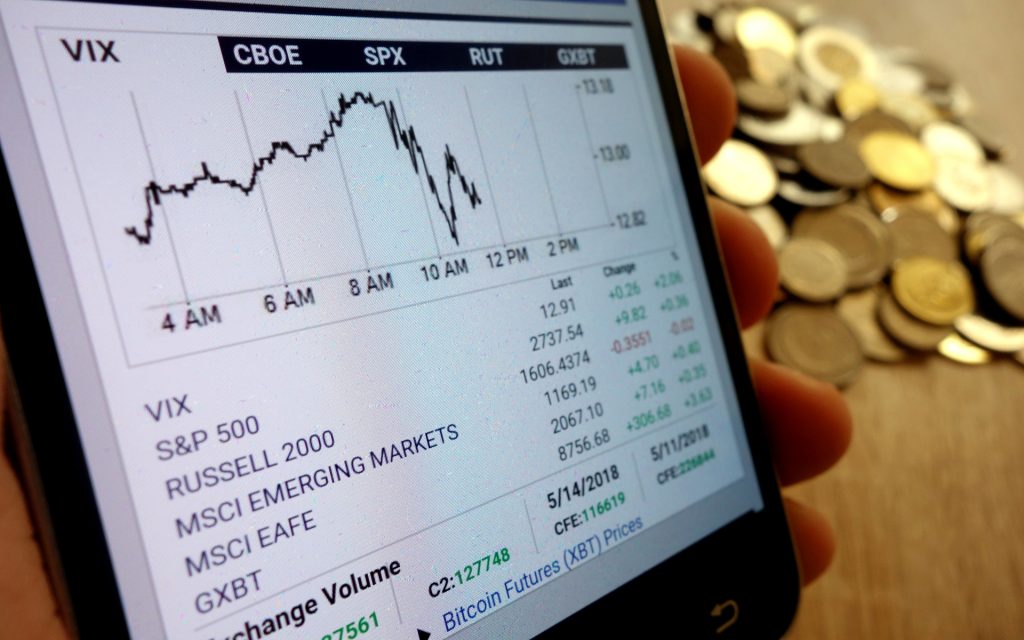
Ledgerx, the CFTC regulated digital currency clearinghouse and options exchange, has announced the launch of Ledgerx Volatility Index (LXVX) a volatility estimate for BTC based on live U.S. options trading. The company says that the LXVX is designed to incorporate the level of fear and uncertainty in the crypto market, and thus can be thought of as the “bitcoin fear index”, in the same way the VIX is commonly referred to as the stock market fear index.
“Having cleared half a billion in derivatives, we feel confident that the LXVX is the only credible indicator for future bitcoin volatility,” said Juthica Chou, the company’s co-founder and Chief Operating Officer. “The importance for a volatility estimate is a range of strikes and terms. Ledgerx has active options contracts from $2k to $50k in strikes, out to June 2020.”
“One of the fascinating things about volatility indices is that they’re of interest to a lot of participants, even if they don’t trade the options directly. For example, if you are a large holder of bitcoin or a risk manager, you’d be very interested in how much the market expects bitcoin to move over the next month. To finally have an estimate of volatility for bitcoin is another step in the maturation of the market,” she added.
NZ Police: We Didn’t Storm Cryptopia Exchange
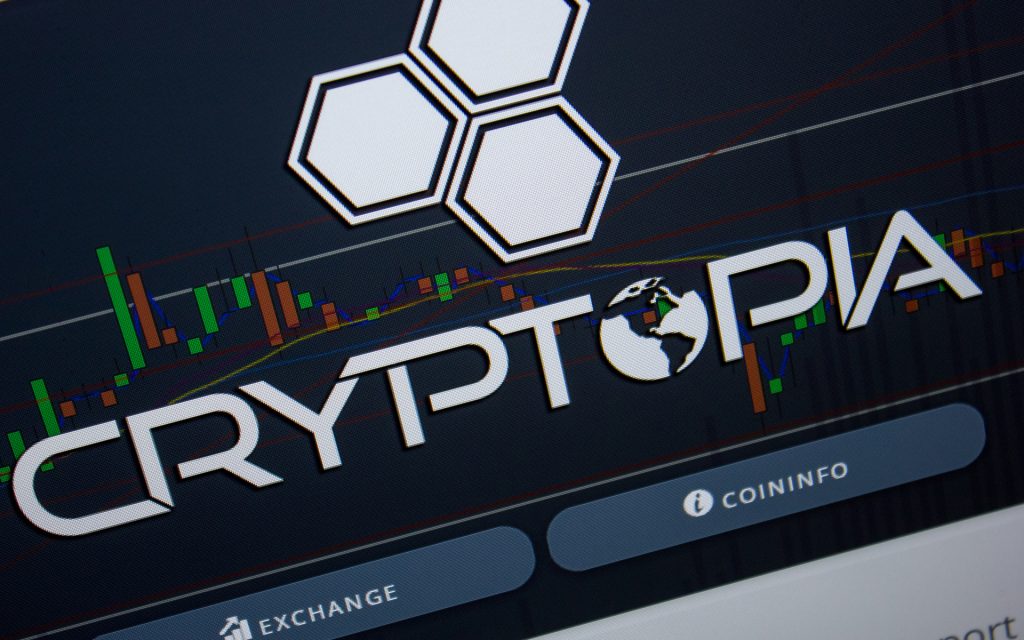
Christchurch, New Zealand-based Cryptopia is the latest exchange to get hit by hackers. After initially claiming the service was only taken down for “unscheduled maintenance” on Monday, the company revealed yesterday that it has “suffered a security breach which resulted in significant losses.” The New Zealand authorities updated the public today, Wednesday Jan. 16, that they are working with Cryptopia to establish what exactly happened, which seems to counter the fears of some commenters that the company pulled a $3.6 million exit scam.
“Police are not yet in a position to say how much cryptocurrency is involved, other than it is a significant amount,” the investigative force stated.“A large team, including Canterbury CIB and specialist staff from the police High Tech Crime Unit, have been assigned to the case. There has been a visible police presence at the company’s Colombo Street headquarters throughout the day as police take the steps needed to progress the investigation. While police are unable to go into details about specific steps being taken at this stage, we can say that our focus includes commencing both a forensic digital investigation of the company and a physical scene examination at the building.”
“We are dealing with a complex situation and we are unable to put a timeframe on how long the investigation may take. We are also aware of speculation in the online community about what might have occurred. It is too early for us to draw any conclusions and Police will keep an open mind on all possibilities while we gather the information we need. A priority for police is to identify and, if possible, recover missing funds for Cryptopia customers; however there are likely to be many challenges to achieving this. We would also like to make clear that Cryptopia are cooperating fully with the investigation team and a media report that police ‘stormed’ the building today is entirely incorrect.”
What do you think about today’s news tidbits? Share your thoughts in the comments section below.
Images courtesy of Shutterstock.
Verify and track bitcoin cash transactions on our BCH Block Explorer, the best of its kind anywhere in the world. Also, keep up with your holdings, BCH and other coins, on our market charts at Satoshi’s Pulse, another original and free service from Bitcoin.com.
The post The Daily: New Platform to Offer Tokenized Securities, Ledgerx Launches Volatility Index appeared first on Bitcoin News.
from Bitcoin News http://bit.ly/2RzSnE3 The Daily: New Platform to Offer Tokenized Securities, Ledgerx Launches Volatility Index


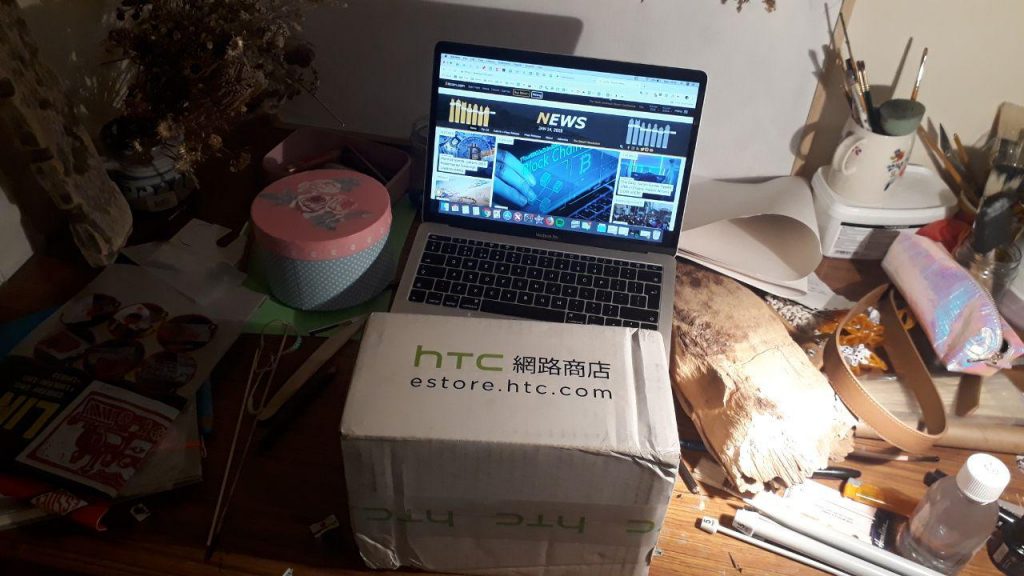
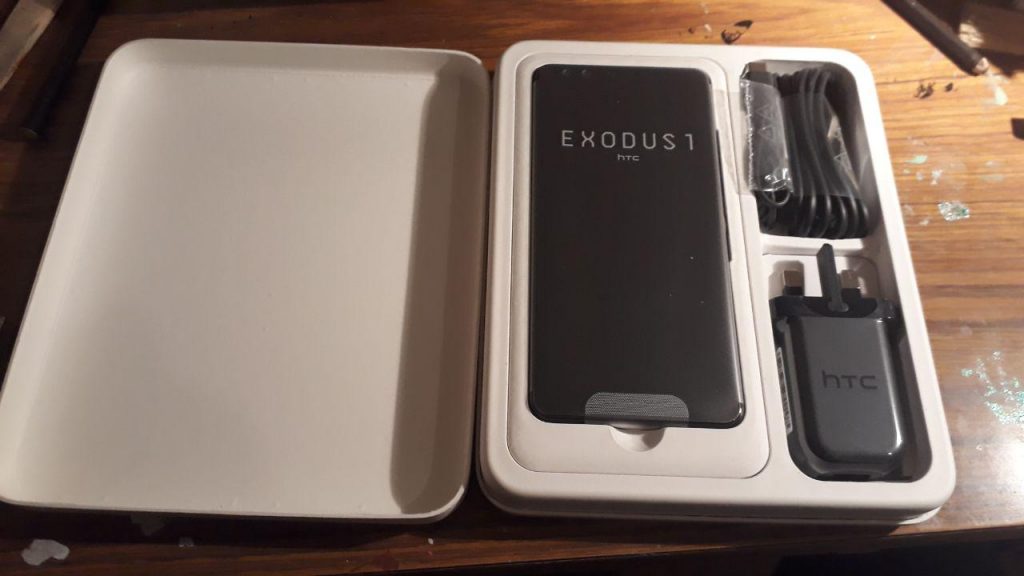
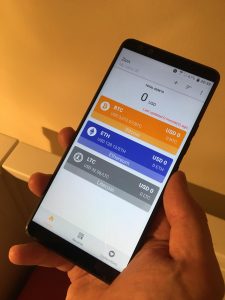

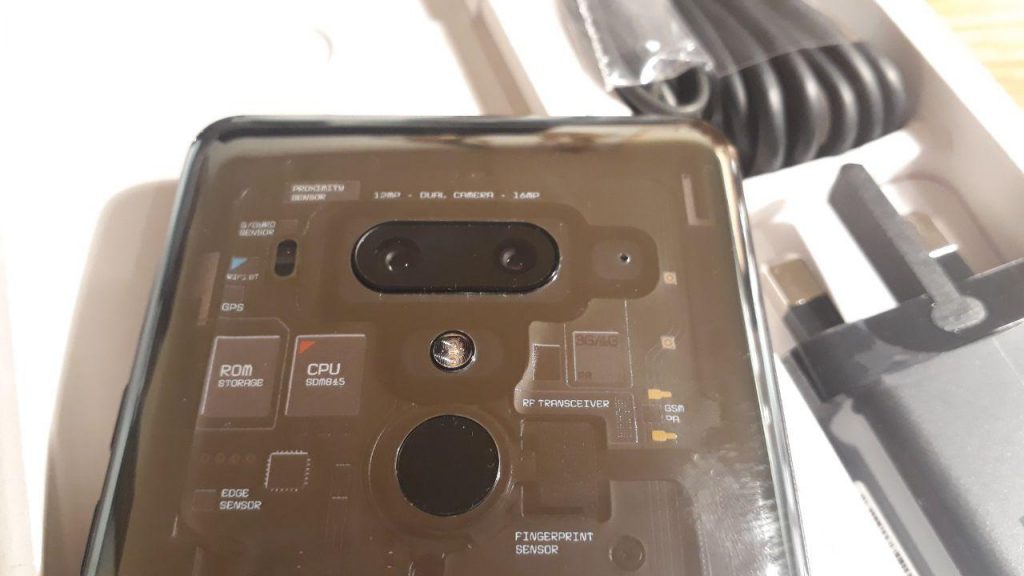



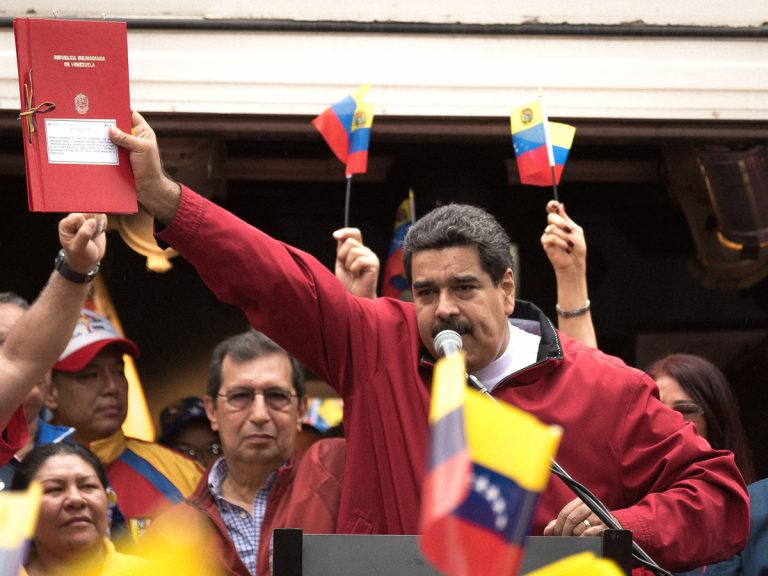


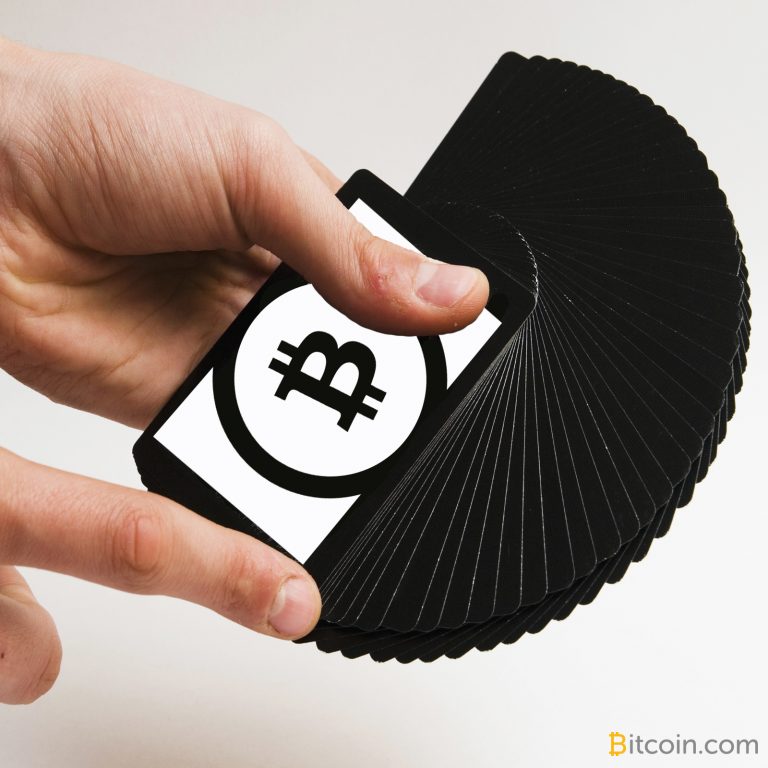
 The
The 
